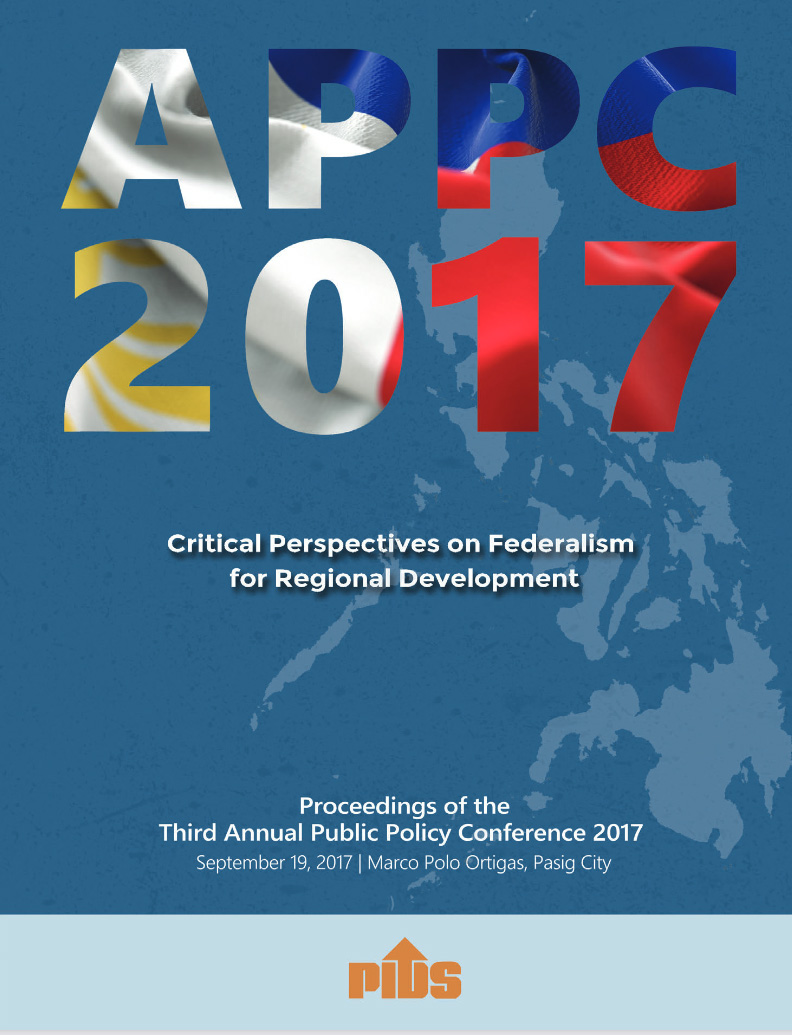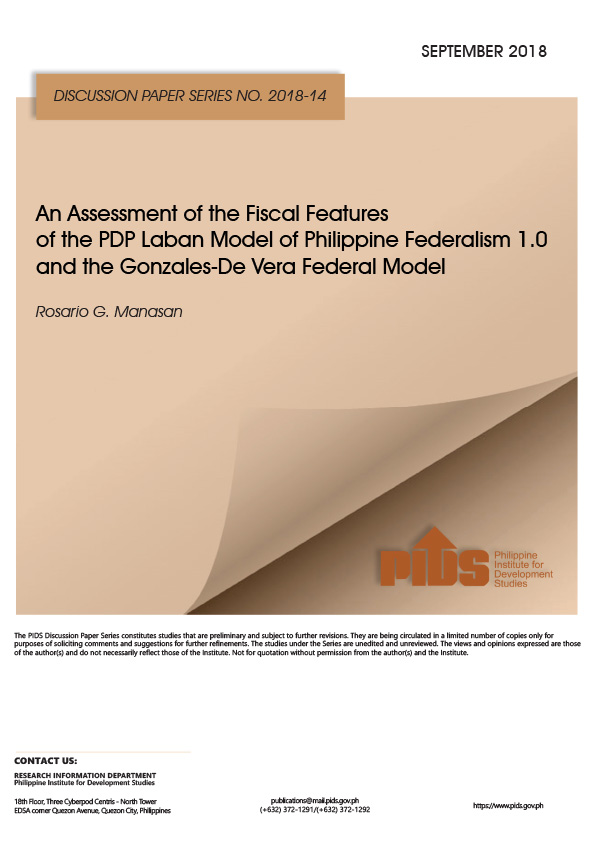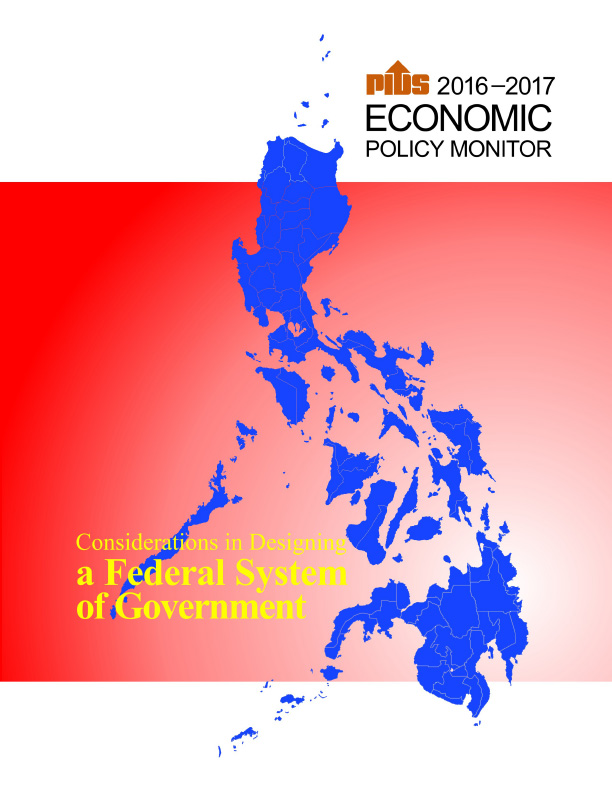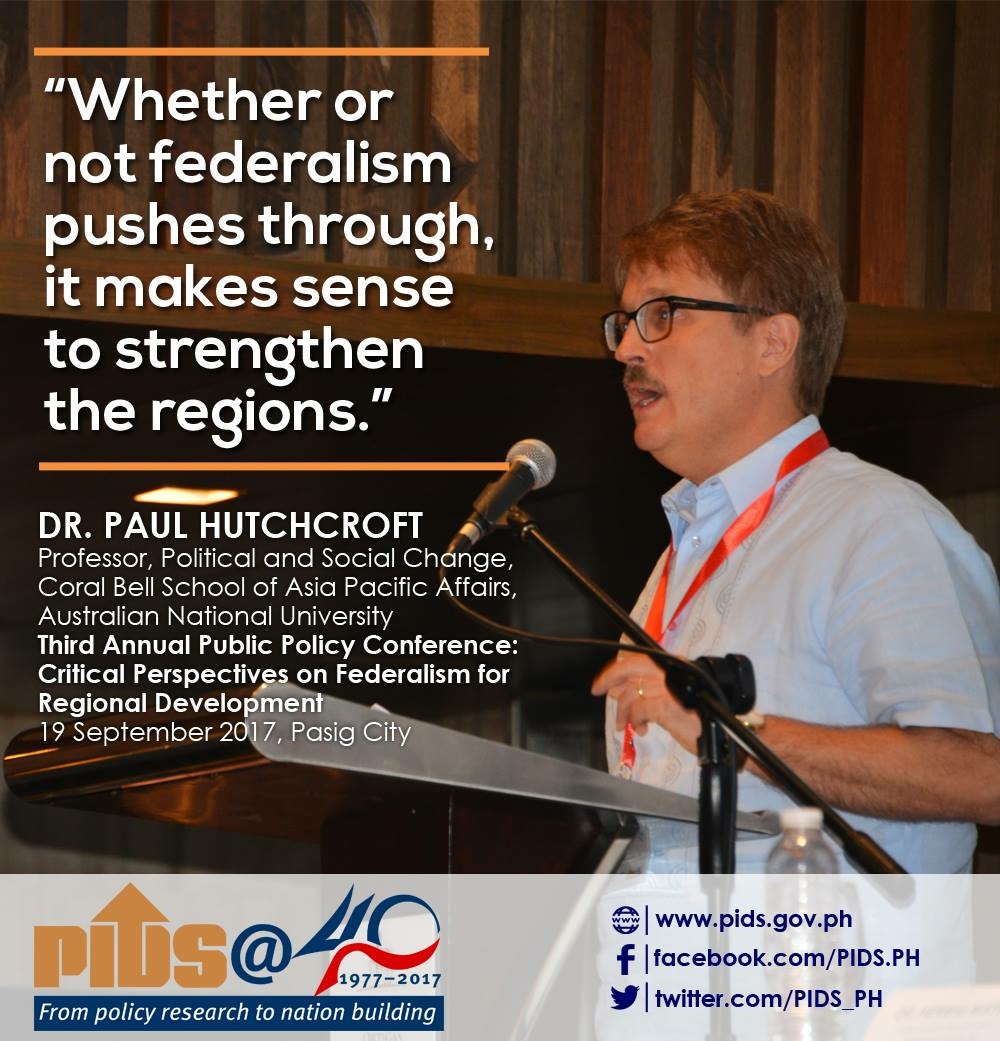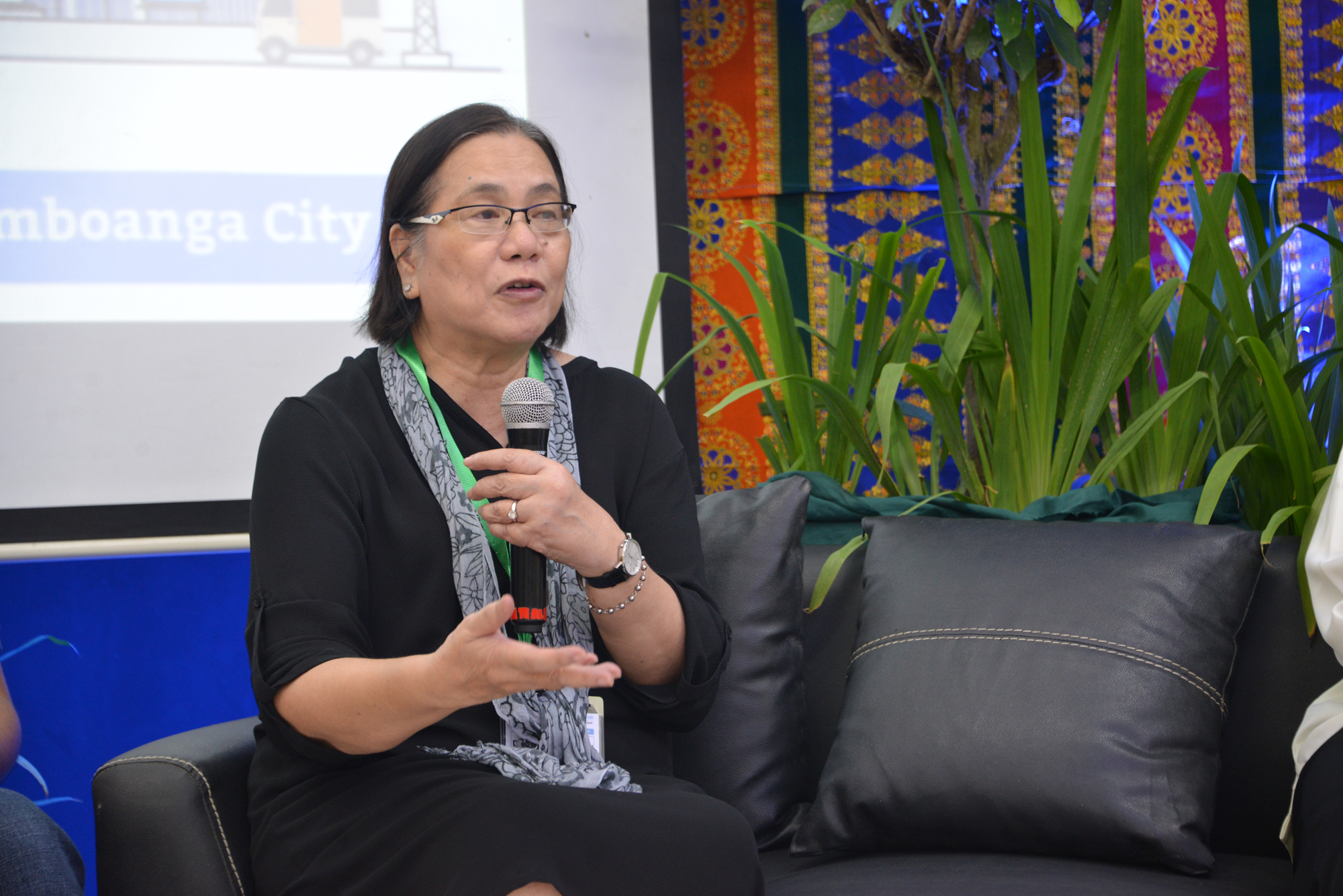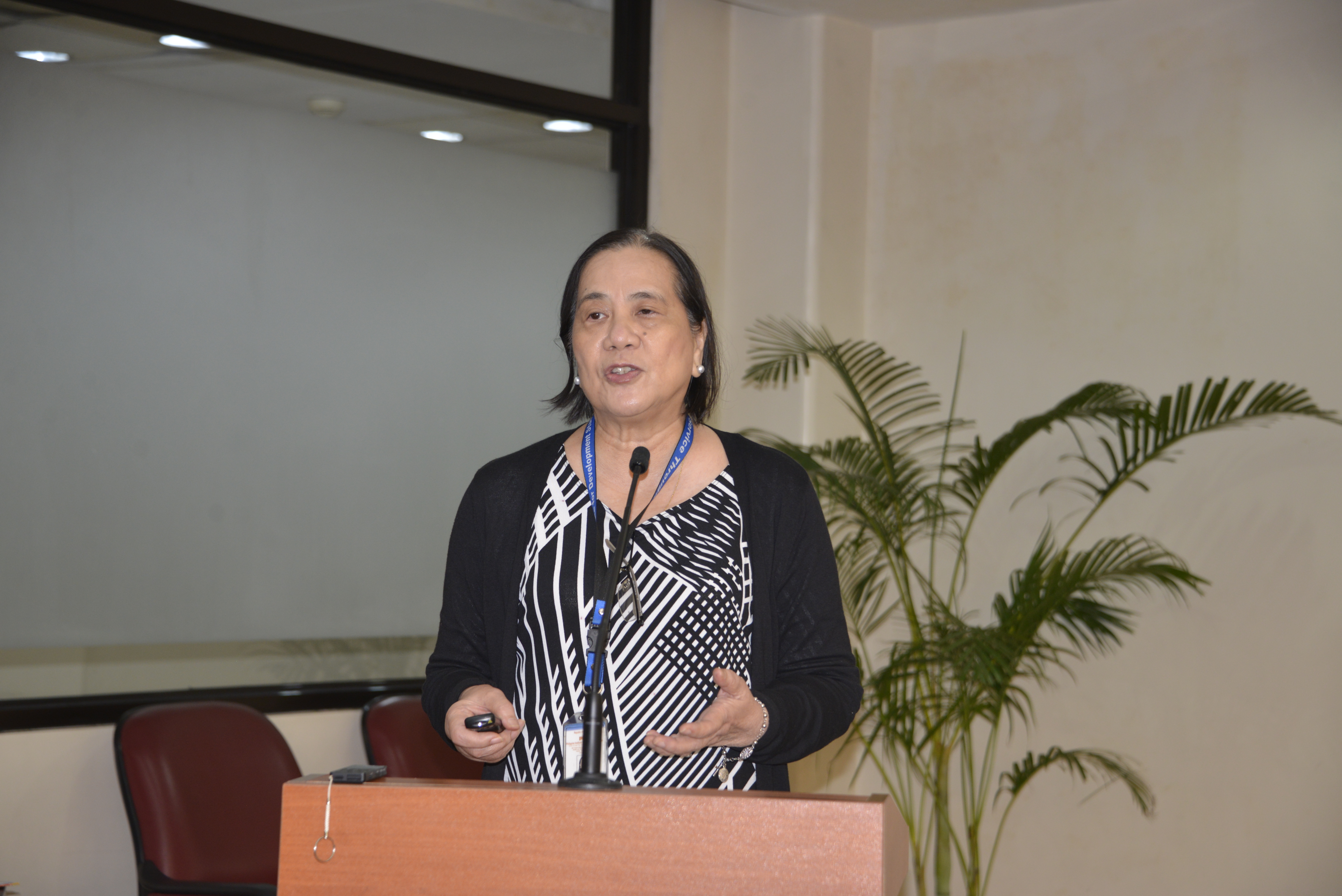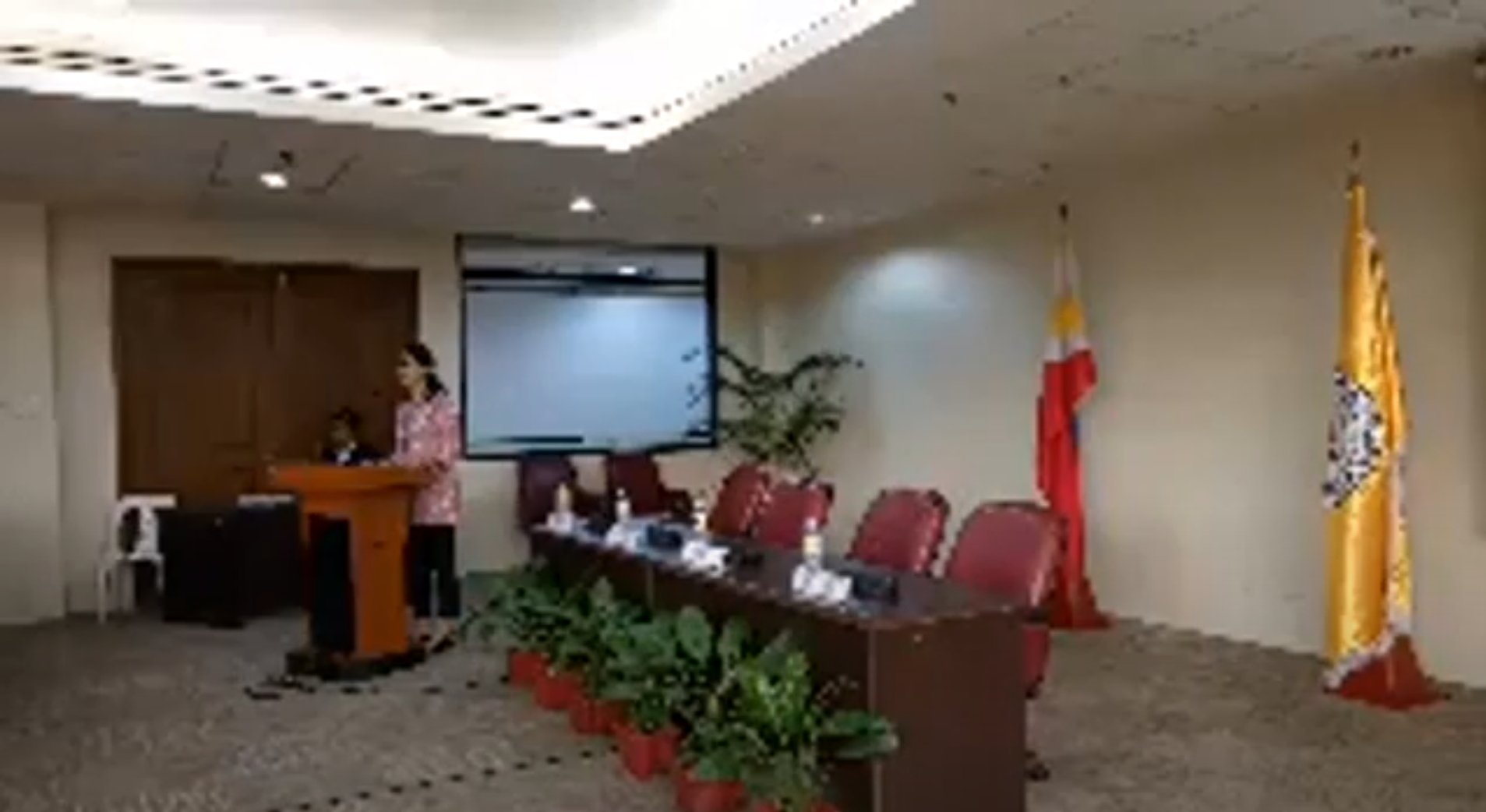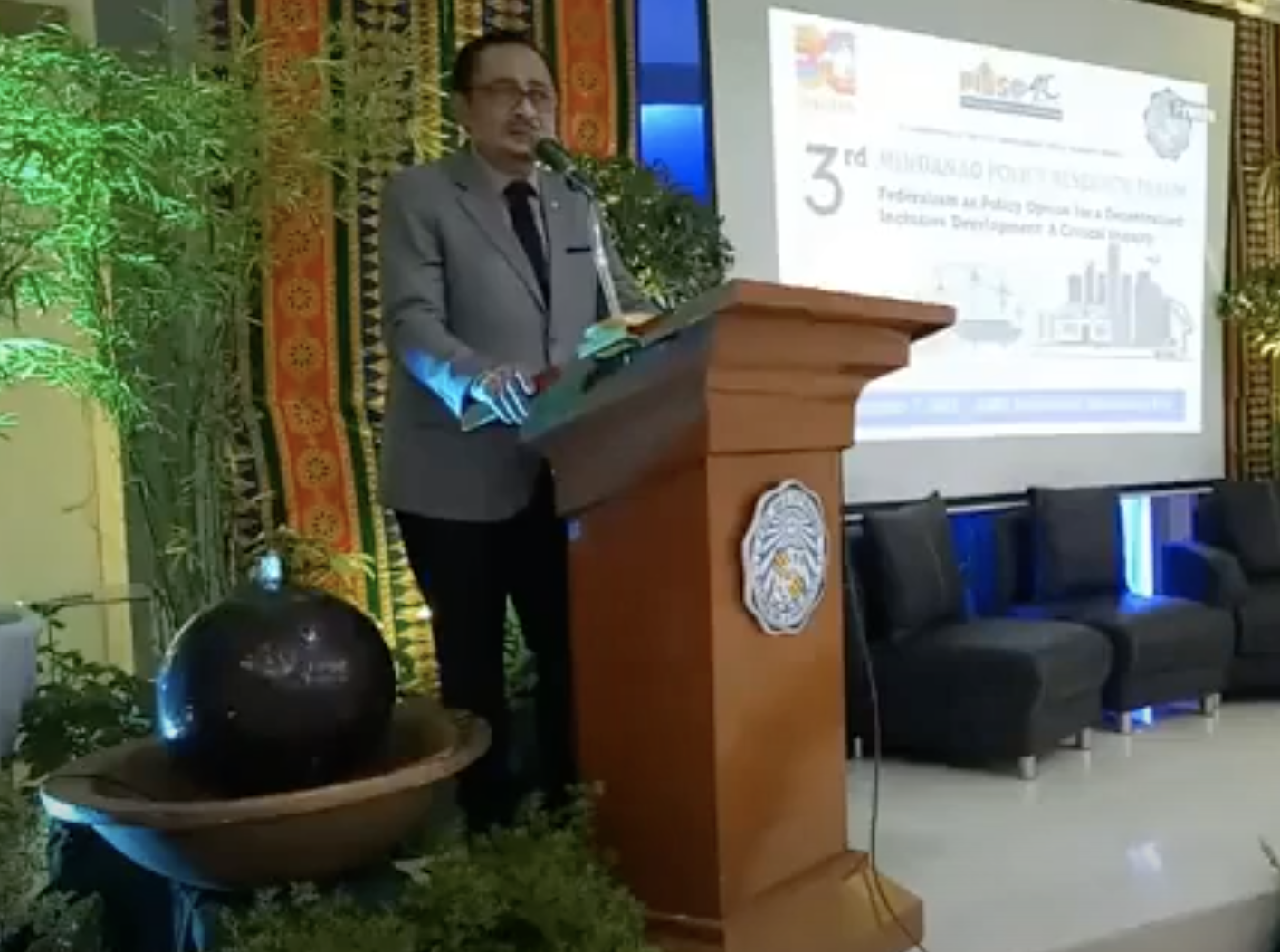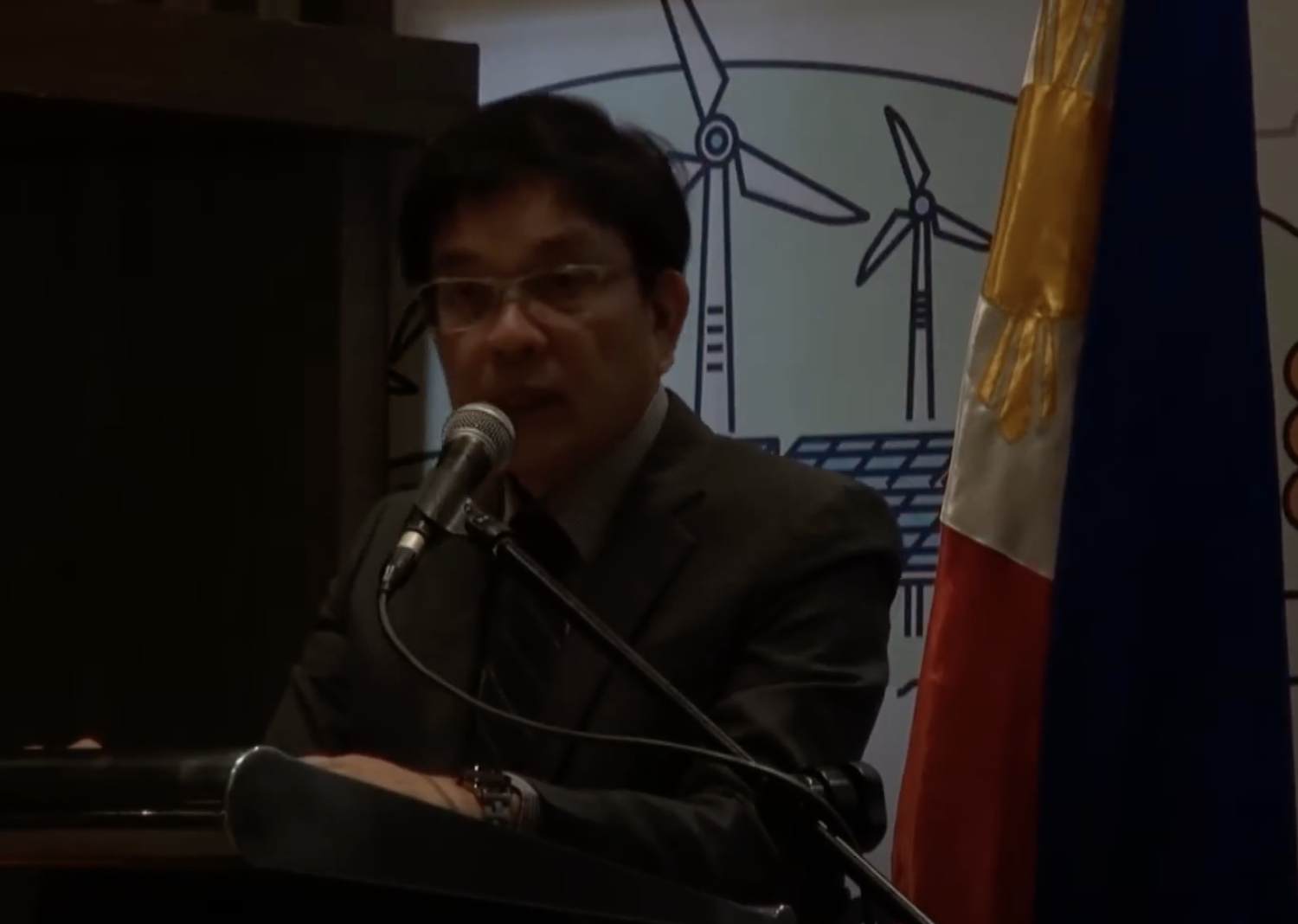Notwithstanding the concerns raised by economic managers and influential business groups on the shift to federalism, Malacañang on Monday said President Duterte is still inclined to push for Charter change, but done in a manner that will not place the nation in jeopardy.
Presidential Spokesman Harry L. Roque Jr. said at a Palace news briefing that Duterte, who is the foremost proponent of Charter change toward federalism, is already aware of the concerns, which he considers as “not insurmountable.”
“That can be studied and be given a solution. It is not a complete block to Charter change,” Roque said, adding the administration as welcome such discussions.
“We want people to think deeply about the ramifications [of Charter change]. And we welcome all sorts of inputs from all members of society. So this is, of course, an input that the President will consider. And we’re hoping the legislature that will tackle Charter change will also consider the position of the business community,” he added.
On Sunday business groups appealed to legislators to weigh carefully the costs, risks and uncertainty associated with the shift to federalism.
In their joint statement, they also echoed the concerns of fiscal and economic experts about the ambiguous provisions on the division of revenue and expenditure responsibilities between the proposed federal government and the federated regions.
The statement also cited that preliminary estimates range from P72 billion by Philippine Institute for Development Studies to P130 billion by the National Economic Development Authority (Neda).
These business groups include the Cebu Business Club, Employers Federation of the Philippines, Financial Executives Institute of the Philippines, Makati Business Club, Management Association of the Philippines, Philippine Chamber of Commerce and Industry Inc. and Philippine Exporters Confederation Inc.
Earlier, Finance Secretary Carlos Dominguez III warned that the draft federal charter would lead to the federal government incurring a deficit of 6.7 percent, which may result to a credit-rating downgrade.
Dominguez also noted previously that the federal government will have to cut its expenditure program by P560 billion and that the national government may have to lay off 95 percent of its employees or reduce the funds for its “Build, Build, Build” program by 70 percent or a combination of both.
In July Socioeconomic Planning Secretary Ernesto M. Pernia said the economic team had a lot of misgivings regarding federalism, and said transitioning to a federal form of government in the medium term could disrupt the country’s economic momentum.
Pernia said the Neda had recommended that the transition to federalism be done in no less than 15 years to ensure that the Philippine economy can maximize its growth momentum.
The Consultative committee is proposing a three-year transition, which will start soon after the new constitution is approved in the 2019 plebiscite.

